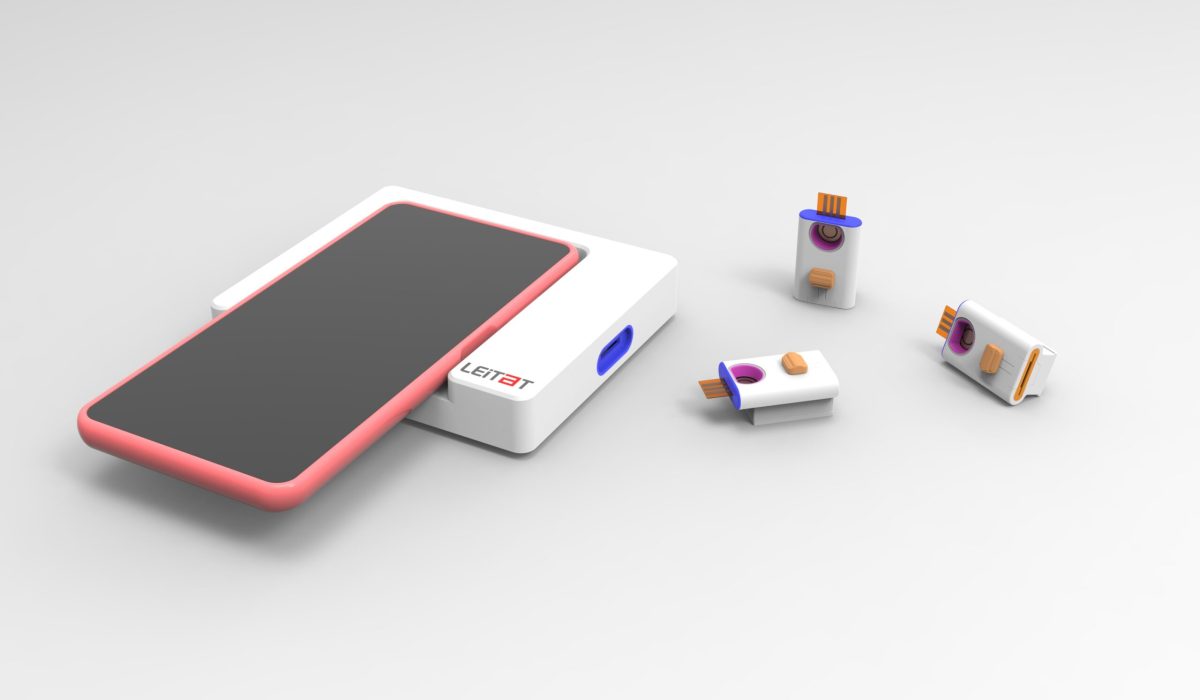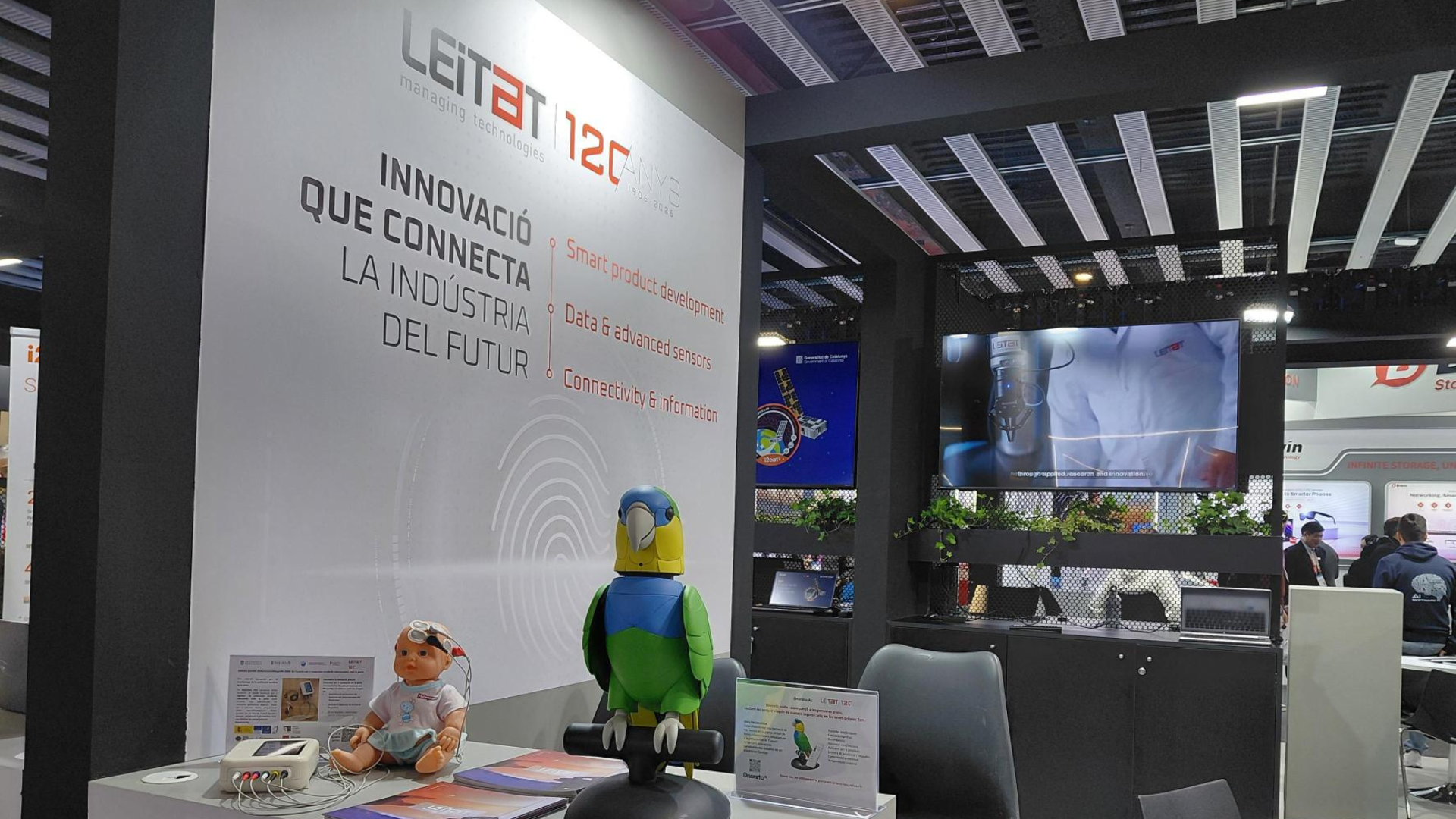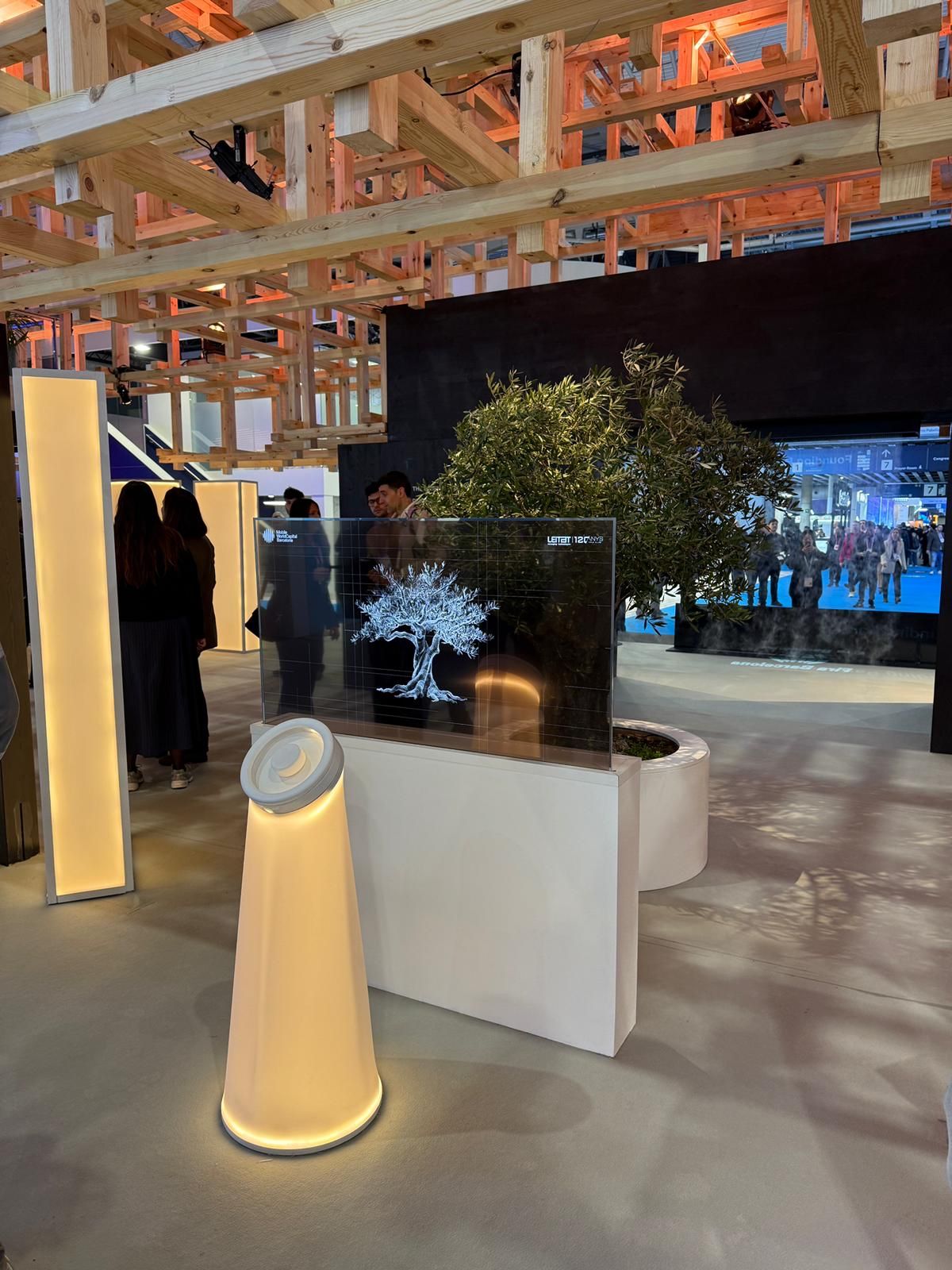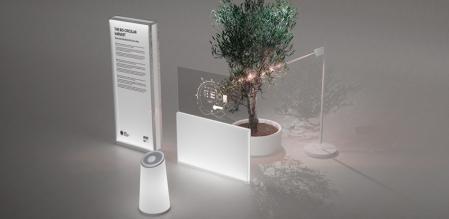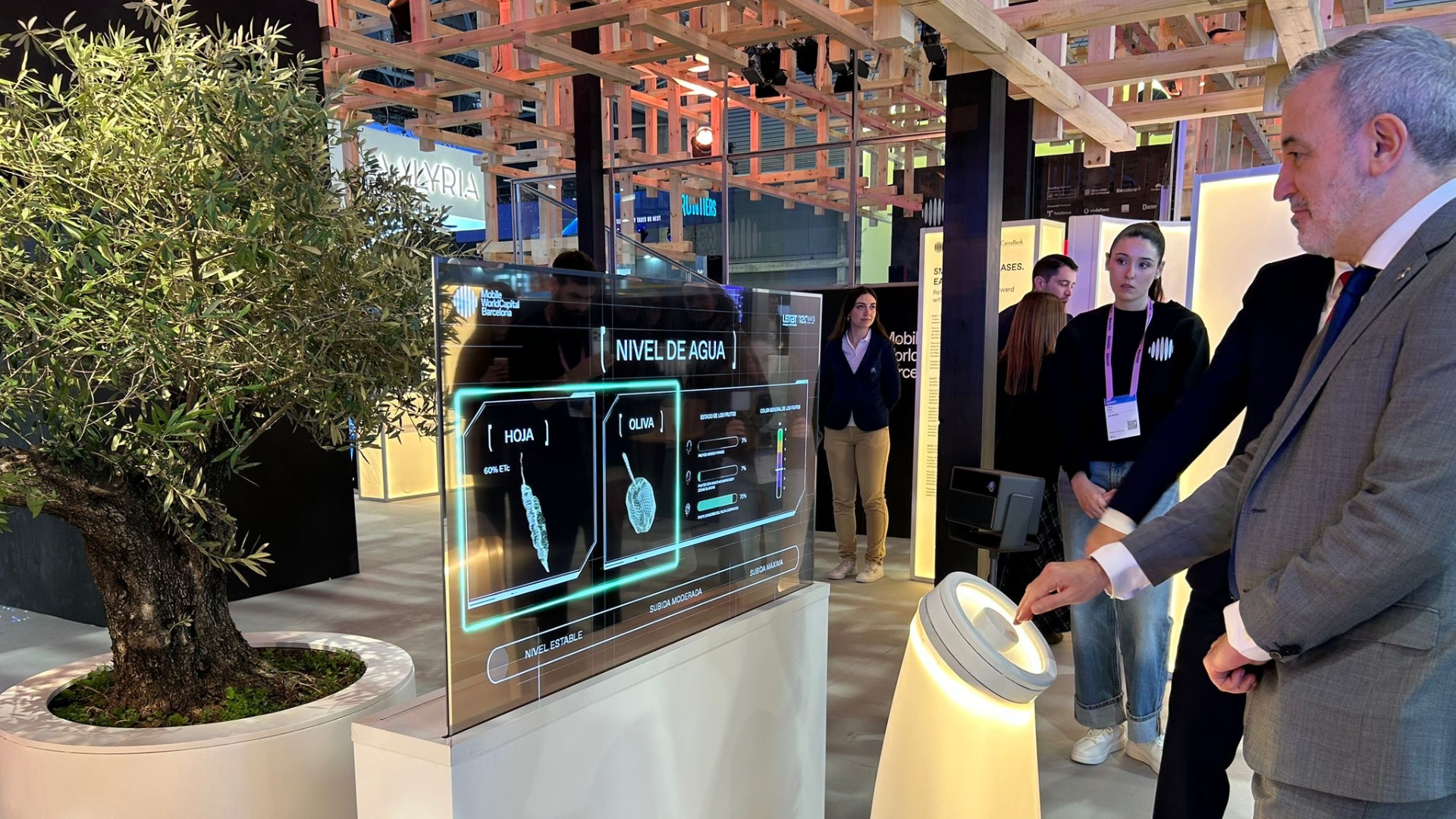- The iDIABETES project has developed two non-invasive devices to measure glucose in sweat and saliva. The one designed by Leitat, which measures the glycaemic index from saliva, has shown high diagnostic reliability, correctly identifying 41 out of 67 cases.
- The collected data show 97% accuracy, according to the Clarke Error Grid tool, which evaluates the clinical reliability of glucose measurement systems.
- The clinical phase of the iDIABETES project, in which Leitat collaborates with Onalabs and SIGMA COGNITION S.L.U., has counted on the participation of 120 diabetic patients from the Consorci Sanitari de Terrassa through the Fundació Joan Costa Roma.
The technological centre Leitat joins World Diabetes Day by presenting the first successful results of the clinical phase of the iDIABETES project, which has counted on the participation of 120 diabetic patients from the Consorci Sanitari de Terrassa through the Fundació Joan Costa Roma. Leitat collaborates on this project with Onalabs, a biotechnology company and coordinator, and SIGMA COGNITION S.L.U., a company dedicated to the development of Artificial Intelligence solutions.
A non-invasive device with high diagnostic reliability
The pioneering non-invasive device capable of measuring the glycaemic index from saliva, designed and developed by Leitat, has demonstrated high diagnostic reliability, correctly identifying 41 out of 67 cases. These data have 97% accuracy, according to the Clarke Error Grid tool, which evaluates the clinical precision of glucose measurement systems.
This research aims to improve the quality of life of patients with type 2 diabetes, who currently can only measure their glucose through a finger-prick to extract blood, an invasive and painful technique. With this advance, Leitat thus reaffirms its commitment to innovation and technology as a basic tool to advance medicine and public health, as this disease is estimated to affect 529 million people, representing 6.1% of the world population.
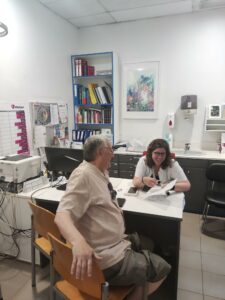
Patients value both devices very positively for being minimally intrusive
In this multidisciplinary project, which has counted on the participation of different departments of the technological centre, Leitat has fully developed the Point-of-Care diagnostic device to measure glucose in saliva, from the biosensor to the electronics, the housing and the measurement app. The result is an ultrasensitive, easy-to-use, portable, sustainable and economical mechanism.
The second device has been developed by the biotechnology company Onalabs, coordinator of the project, whose mechanism in wristband format measures the level of glucose in the patient’s sweat captured in the sweat.
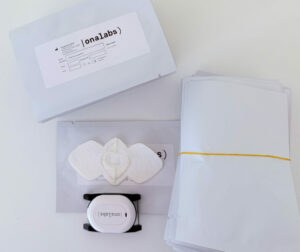
The results show that both devices have been very well valued by the patients. Regarding the device that measures glucose in saliva, the most valued attribute is the low intrusion, while in the other, in addition to being minimally intrusive, the speed of measurement is highlighted.
The data collected by both devices will be connected to a management platform and processed through innovative Deep Learning techniques. In this way, the contribution of Artificial Intelligence from iDIABETES will help find patterns and relationships in patient parameters that can be used to improve disease control and treatment, since currently the prescriptive value of the data and the existing correlations are not exploited.
The artificial intelligence consultancy SIGMA COGNITION is developing an intelligent platform that classifies patients into different groups based on the clinical variables collected by the sensors and, based on these, will alert patients about trends and issue personalised recommendations. In addition, this new platform will allow remote collaboration between experts from different disciplines.
A step forward towards more personalised and accessible medicine
The results of the iDIABETES project place Leitat as a key agent in technological innovation applied to health, reinforcing its experience in the development of diagnostic devices and in technology transfer with social impact. This progress demonstrates how bioengineering, sensing and artificial intelligence can converge to improve the quality of life of millions of patients and facilitate more personalised, accessible and efficient medicine.
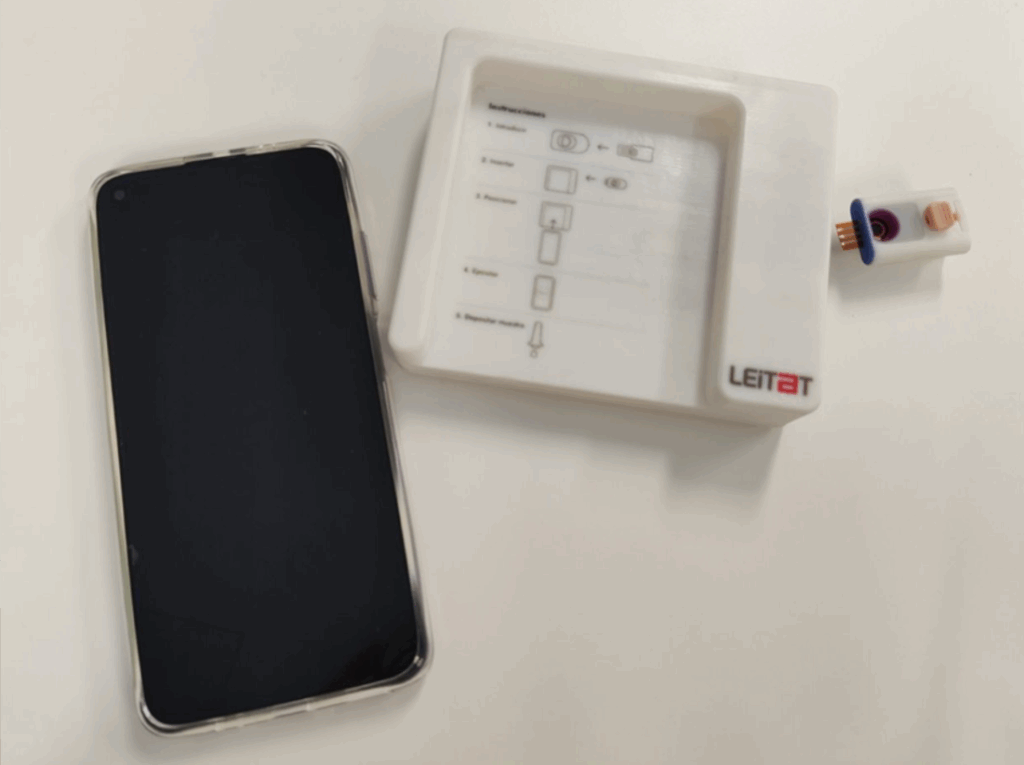
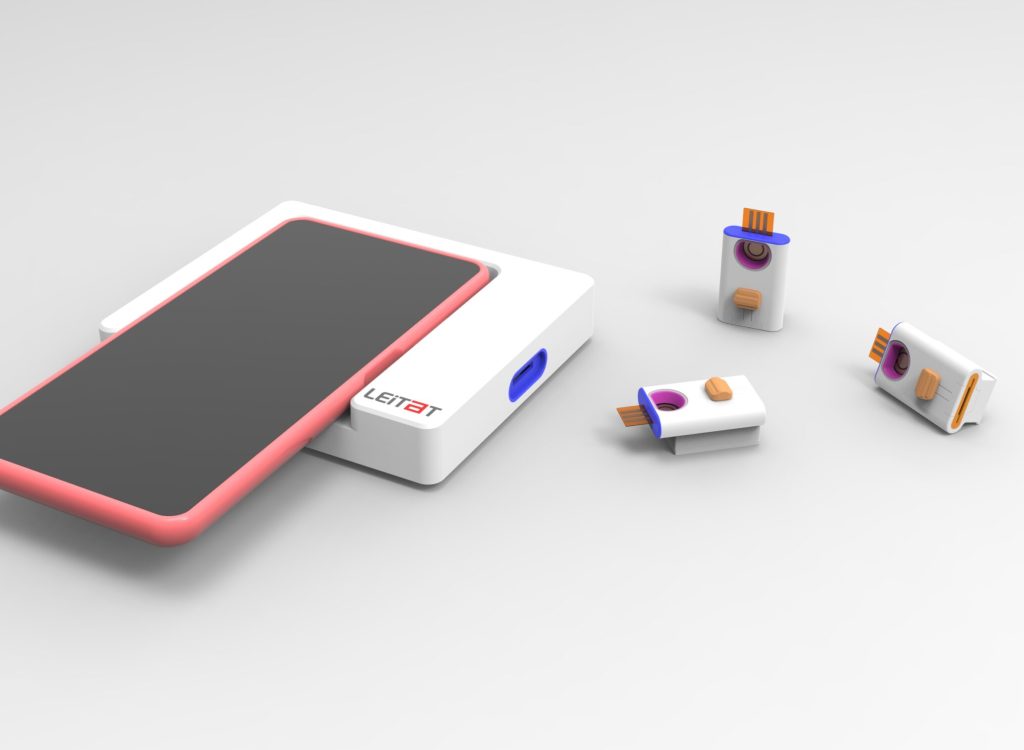
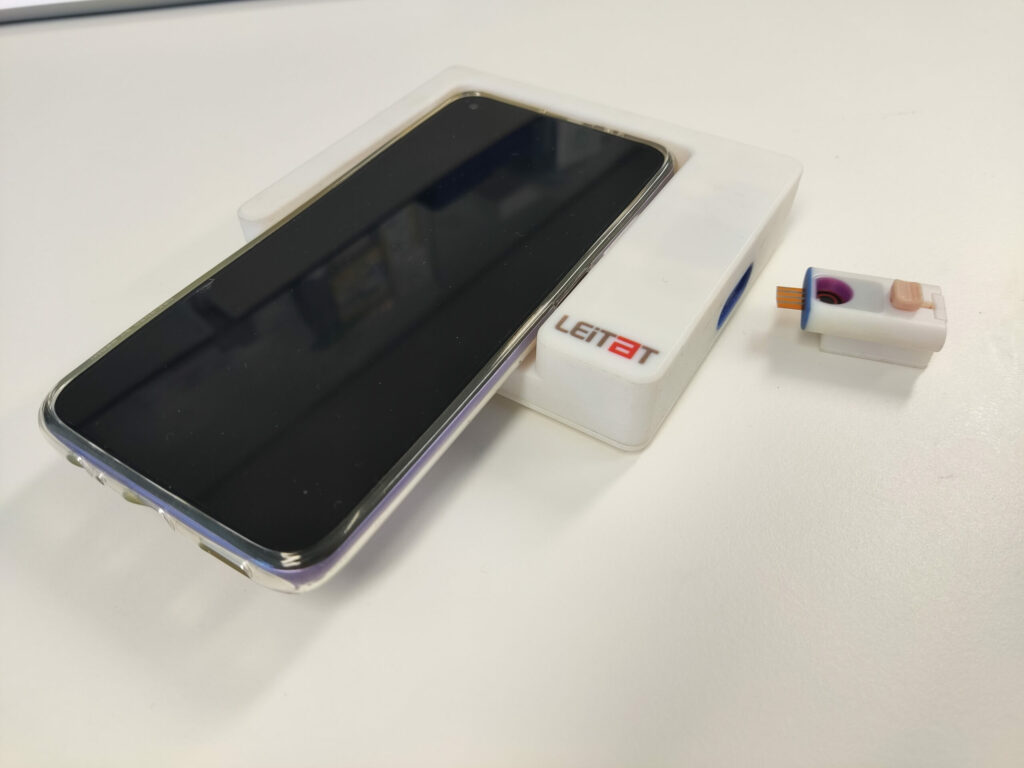
Project CPP2021-008635 funded by:


